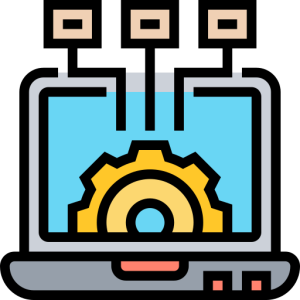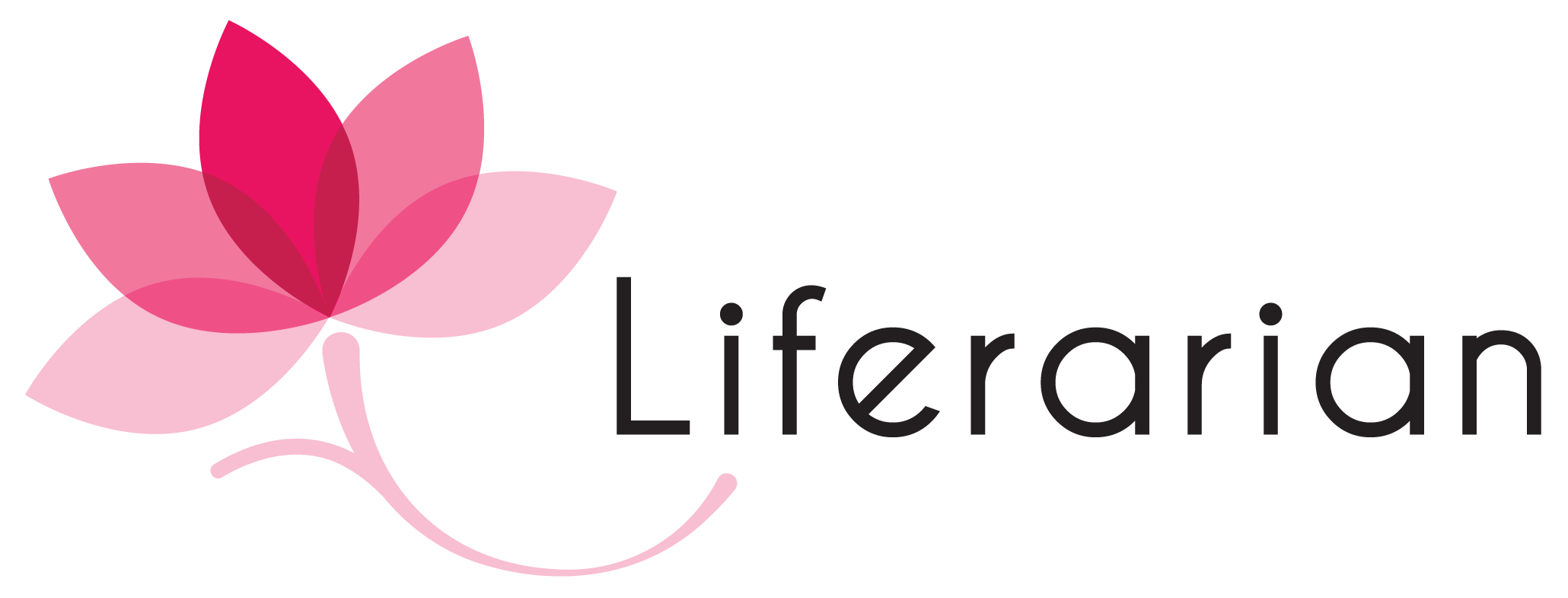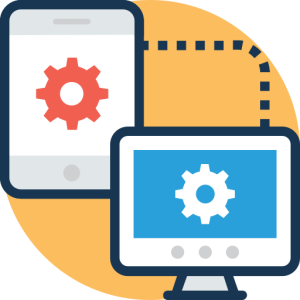I started my career as a library professional in the off-campus library of the NMIMS University School of Pharmacy and Technology Management. I spent around eight years there, which was the beginning of my journey. I had the opportunity to manage almost all library functions from end to end with respect, which was the stepping stone that imparted extreme courage, confidence, and exposure. It has been wonderful to be involved with the diploma, graduate, and postgraduate students of pharmacy and technology and engineering streams at the University school library.
In the University library, I loved to attend conferences. The most exciting thing was we were the host organizing several national and international conferences to have knowledge-sharing sessions of various talented library professionals. Once we finalized the library conference schedule, I used to encourage principals of multiple universities, colleges, and schools to send their librarians to attend such conferences with the understanding they must bring their learning back to the school and implement the same for the betterment.
In my opinion school librarian is a leader who has the opportunity to create an impact on the entire learning community. It was exciting to bring back new ideas and technology to share with teachers and students during the academic year.
As a rule, nothing is static; hence, in this dynamic world, I switched to the school library at Podar Group of Institutions, where I spent around four years during pre-pandemic COVID time. Furthermore, during post-pandemic COVID time, I got another exciting career opportunity to work in one of the most challenging domains of school education, and that is International Baccalaureate (IB).
The International Baccalaureate educational domain is a unique educational system which came into existence in 1968 with the splendid efforts of John Goormaghtigh, the founding President of the International Baccalaureate Organization, located in Geneva, Switzerland. Most Universities of the world recognize the IB.

Image Credit: Eucalyp
The International Baccalaureate’s main motto is to inculcate the habit of analytical thinking in the student so that it can be a milestone in creating a better and harmonious world through understanding and respecting each other’s language and cultural beliefs. The IB curricula motivate students worldwide to be enthusiastic and energetic to be lifelong learners and be ready to accept and understand people from different traditions and lifestyles. To achieve this goal, the organization works with schools, governments, and international organizations to develop challenging international education programs and rigorous assessments.
Librarians are moving from static resource specialists with traditional (quiet) study facilities, where the librarian is seen as a custodian and supervisor of space and students, to a more creative, flexible zone, adopting a proactive and interactive role. Specific developments include a digital-only concept of the school library, a learning or information commons approach, and a maker space (Whisken, 2012).
The library and the librarian play a vital role as media specialists. The library facilitates various services and resources for the institute to engage and reflect on the IB principles and practices. The library also connects the mentor and the students/researchers and provides facts, understanding, and a clear picture of the overall context. Critical thinking is one of the most important intellectual skills that one can improve through the habit of intentional thinking. It furnishes a favourable change in a person’s life on both the professional and individual levels. In IB, the students practice critical thinking during their initial learning stage till the course’s completion. That is why the IB is also recognized by various renowned universities worldwide. The library provides different resources to the students in the form of digital and print media to expand their wings as far as critical thinking is concerned.
Transliteracy is another concept in this context.
“Transliteracy is the ability to read, write and interact across a range of platforms, tools and media from signing and orality through handwriting, print, TV, radio and film, to digital social networks.” – www.transliteracy.com
Academic integrity is nothing but another name for plagiarism. In the Extended Essay for Diploma Program, a librarian’s sole responsibility is to be an extended essay coordinator to literate the students about Academic Integrity so that they should not use any wrong way to collect the material for their research work. And to instruct the students about the importance of citation and referencing. Also, the students should know the importance of the particular style of referencing and citation (APA, MLA etc.) provided by the organization for the Extended Essay.
These are some reflections of my journey. International Baccalaureate Curricula has given a platform to library professionals to evolve from a conventional role. The 21st Century Librarian is not only a curator of resources, both print and digital information but collaborates with teachers to build the collection and co-teach with classroom teachers. The librarian collaborates with all educators in the school, including the technology department.
By Manisha Tiwari
Reference:
Whisken, A. (2012). Library learning spaces: one school library’s initial design brief. Synergy, 10(2).


